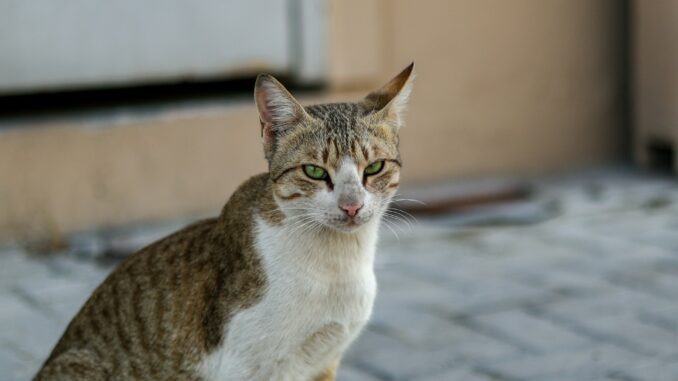
As our beloved feline companions age, they require special care and attention to ensure they live out their golden years comfortably and happily. Just like humans, senior cats may experience age-related health issues that can impact their quality of life. In this comprehensive guide, we’ll delve into essential tips for caring for your aging feline, focusing on their health, diet, and comfort needs.
Understanding Senior Cats
Cats are generally considered seniors once they reach around 7-10 years of age, though this can vary based on breed and individual health. As cats age, they may experience a decline in physical activity, changes in appetite, dental issues, and an increased risk of developing medical conditions such as arthritis, kidney disease, and hyperthyroidism. Recognizing the signs of aging in your cat and addressing their specific needs is crucial for ensuring their well-being in their senior years.
Health Care for Senior Cats
Regular veterinary check-ups become even more important as cats age. Schedule bi-annual wellness exams to monitor your senior cat’s health and catch any potential issues early. Be vigilant for signs of discomfort, changes in behavior, weight loss or gain, and dental problems. Your veterinarian may recommend additional screenings and tests to assess your cat’s overall health and detect any age-related conditions.
Managing chronic health conditions is a key aspect of caring for senior cats. Administer any prescribed medications as directed, and discuss with your vet any modifications to your cat’s diet or lifestyle that may be beneficial. Provide a warm, quiet place for your cat to rest, and consider incorporating interactive toys and puzzles to promote mental stimulation and physical activity.
Diet and Nutrition
Diet plays a crucial role in supporting the health and well-being of senior cats. As cats age, their nutritional needs may change, requiring adjustments to their diet. Senior cats may benefit from specially formulated senior cat food that is tailored to meet their aging bodies’ requirements. Look for foods that are high in protein, easily digestible, and low in calories to help maintain a healthy weight.
Incorporate additional moisture into your senior cat’s diet to support hydration and kidney health. Wet food or adding water to dry kibble can help prevent dehydration, a common concern in older cats. Consider feeding smaller, more frequent meals to accommodate any changes in appetite or digestion. Consult with your veterinarian for personalized dietary recommendations based on your cat’s individual needs.
Comfort and Environment
Creating a safe and cosy environment is essential for senior cats to thrive. Provide easy access to litter boxes, food, water, and resting areas, taking into account any mobility issues your cat may be experiencing. Consider investing in ramps or stairs to help your cat navigate furniture or windowsills more comfortably.
Keep your senior cat’s living space warm and draft-free, especially during the colder months. Provide soft bedding and cozy blankets for your cat to curl up on, and consider heated beds or pads to soothe achy joints and muscles. Regular grooming sessions can help maintain your cat’s coat and skin health, as well as strengthen the bond between you and your aging feline companion.
Conclusion
Caring for a senior cat requires compassion, patience, and a proactive approach to their health and well-being. By understanding the unique needs of aging felines and implementing targeted care strategies, you can ensure that your senior cat enjoys a comfortable and fulfilling life in their later years. Remember to prioritize regular veterinary care, a balanced diet, and a nurturing environment to support your aging cat’s physical, mental, and emotional needs throughout their golden years.
Leave a Reply
You must be logged in to post a comment.